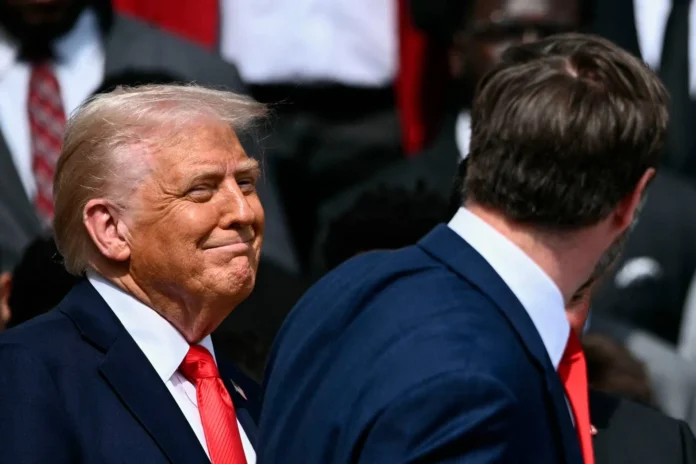President Donald Trump has moved to support the pharmaceutical industry with a new executive order signed on Tuesday. This order targets the controversial “pill penalty” found in the Inflation Reduction Act (IRA) passed in 2022. The pill penalty currently limits small molecule drugs to nine years before Medicare can negotiate their prices.
Biologic drugs, by contrast, receive a full 13 years before facing any Medicare price negotiations. Trump’s policy changes to ease pharma pressure aim to remove this imbalance and encourage broader investment. The pharmaceutical sector has long argued that the penalty discourages innovation in non-biologic drug development.
The IRA first allowed Medicare to negotiate drug prices on high-spending medications in 2026. Ten drugs were initially listed, including Ozempic and Wegovy by Novo Nordisk. Another 15 drugs will follow under the current rules, according to CMS announcements made in January.
Trump’s order states that the pill penalty pushes investors toward expensive biologics, not affordable small molecule drugs. Industry experts have supported this concern, emphasizing the long-term effects on drug availability and innovation. Melanie Whittington of the Center for Pharmacoeconomics cited a study from the University of Chicago on this issue.
The study estimates that 79 small molecule drugs could be lost over the next 20 years under the current rules. Whittington warned that future healthcare costs could rise as investment shifts away from cost-effective drugs. Trump’s policy changes to ease pharma pressure may help preserve innovation for common, widespread conditions.
However, critics say the executive order benefits big pharmaceutical companies more than American patients. Senator Ron Wyden called the order a giveaway that weakens Medicare’s power to lower drug prices. He claimed the result would be a $10 billion benefit for pharmaceutical companies at the public’s expense.
Meanwhile, Patients for Affordable Drugs called it a clear favor to large pharma interests. Despite criticism, Trump’s policy changes to ease pharma pressure have already stirred major industry discussions.
For more business news updates, visit Dc Brief.


